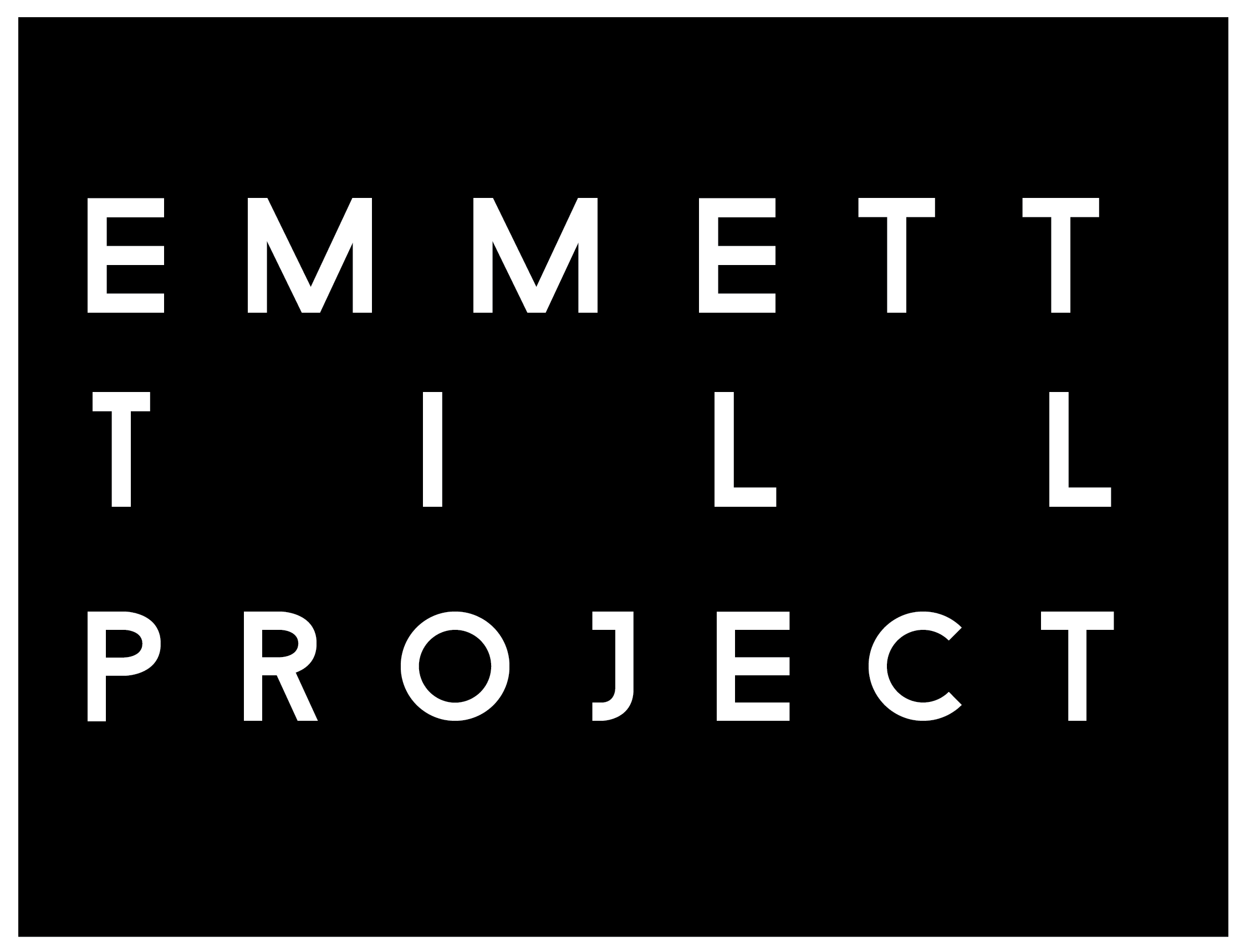Past in Present: The Emmett Till Trial and the Black Lives Matter Movement
LAKIA POOLE
August 28, 2015
When I think about Emmett Till’s 1955 murder and the subsequent trial, I always go back to the image of his uncle, Mose Wright. It is a popular photograph taken during the four-day trial that shows Wright standing up and pointing during his testimony, identifying the two white men who kidnapped and brutally murdered his fourteen-year-old nephew. When considering the magnitude of Wright’s testimony and willingness to hold the killers accountable, I can’t help but connect that act to the current and equally impactful Black Lives Matter (BLM) movement.
To describe Wright’s decision to testify as bold is an understatement. This trial marked the first time that a white person was held accountable in a court of law for killing a black person. Wright understood the repercussions of publicly speaking out against white people, those protected by an anti-black society, state and country. It would cost his life. And yet, he also knew the importance of standing up for justice, of using his voice to hold two white men accountable, in order to seek justice for Emmett. Even knowing the way that he would be treated, and what his actions would incite, he still spoke up for the sake of Till. He pointed out what needed to be noticed.
Of course we know that despite Wright’s testimony—and those of Till’s mother, Mamie Till Bradley and others—as well as considerable evidence, that J.W. Milam and Roy Bryant were acquitted of murder. The jury’s decision sent a shockwave not only through Mississippi but the entire United States. The case revealed the reality that black Americans had known for years: there is no protection against racism and violence that runs rampant in this country. However, the justifiable pain and outrage, along with this determination to seek justice in our nation, gave birth to the Civil Rights Movement.
Today, we still see similar failures in the criminal justice system; failures to recognize anti-black violence and criminalize the extrajudicial behavior of police officers towards black people. And just as the Civil Rights Movement marked a landmark moment in our history, Black Lives Matter (founded by Alicia Garza, Patrisse Cullors and Opal Tometi), serves as a modern response to inequality and lack of protection for black people.
Since the beginning, those involved with the BLM movement have exposed brutality and racial disparities with the same courage and fierce approach to justice as Wright. In our own powerful ways, we are standing up and pointing out the wrongdoing we see all around us. We are demanding that others pay attention to what we’ve been looking at for so long, the constant threat to our very lives. To speak up against this threat, knowing that we face systems and a society that diligently support oppression, is proof of our continued courage.
